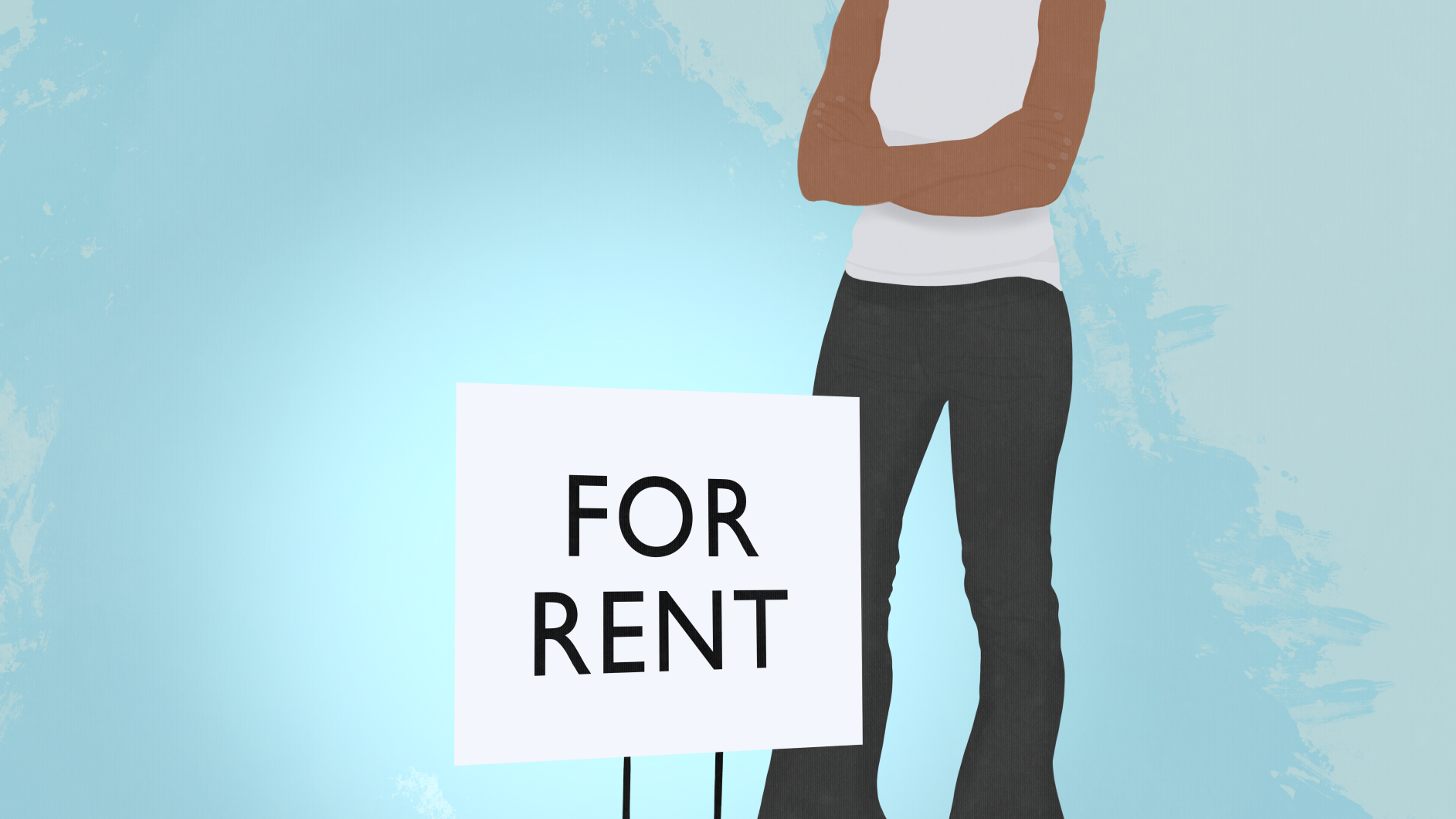A lease is an agreement between the owner of an asset and the person using the asset. Signing a lease on a property means agreeing that, for a fixed term, a tenant will make payments to a landlord in exchange for access to the landlord’s property.
This is a legally binding contract, intended to protect both the user of the property, known as the lessee, and its owner, the lessor. Unless the lease indicates otherwise, it prevents the landlord from raising the rent or forcing a compliant tenant to move out.
Why Break a Lease?
Both landlords and tenants are humans, whom unexpected circumstances befall. There is much about life we can’t control. What if you sign a lease and then you get sick, for example, and need to move into a care facility? Should you have to pay rent for the remainder of that lease? Or what if you’re a landlord and you have to make necessary and immediate repairs to your property, but you can’t do them while the property is inhabited? Some common reasons for breaking a lease are:
- Illness
- Job loss
- Unsafe rental conditions
- Harassment/domestic violence
- Military deployment
Navigating the premature end of a lease is tricky at best and expensive at worst, but possible. Terminating a lease agreement is known as breaking a lease. Whether you’re a tenant or a landlord, breaking a lease can expose you to some considerable financial and legal risks. If you’re considering it, these are some of the ways you can mitigate those risks.
How to Break a Lease if You’re a Tenant

If you’re a tenant and considering breaking a lease, here are some things to think about:2
Step 1: Read Your Lease
Some leases include an early termination clause; you may be able to leverage this in your favor.
Step 2: Know Your Rights
In some scenarios, you’re legally allowed to break your lease without consequence. If, for example, your landlord fails to ensure your property is liveable, safe, and healthful,l and you’ve complained to both your landlord and the local health department to no avail, you can break your lease. Just make sure you keep a paper trail of your complaints.
You’re also legally able to break your lease if:
- you’re on active duty and the military reassigns you to a new city or state;
- if you become ill and have to move into a care facility;
- if you’re a victim of domestic violence;
- or if your landlord harrasses you or repeatedly enters your living space without notice or cause.
Step 3: Talk to Your Landlord
Some landlords will be amenable to your situation, particularly if you communicate honestly and take care of finding a new tenant to replace you. Others will allow you to break your lease in exchange for a fee. It’s important to communicate with your landlord in writing.
Step 4: Work on Finding a Replacement
Your landlord’s primary concern, when you decide to break your lease, is that he or she will miss out on rent payments in the process of finding, screening, and reaching an agreement with a new tenant. If you find someone suitable and willing to move in after you move out, your landlord is likely to be more open to negotiating with you.
Once you find a replacement, and depending on your landlord’s preference and permission, your options are to sublet, assign your lease, or re-let.
Subletting means the lease remains under your name and you are legally liable.
Assigning your lease means handing over the remainder of your lease; in this case, you may still be liable for damage to the property.
Re-letting means your landlord and replacement will sign a new agreement, voiding yours.3
Step 5: Be Prepared to Pay
Some landlords will let you pay a fee to terminate your lease. Others will make you pay rent until your spot can be filled. Another thing to remember is you may, in the end, remain legally obligated to pay rent for the remaining months of your lease, even if you’ve moved out. Talk to your landlord about your options.4
Step 6: Seek Professional Advice
Tenants’ unions can educate you about the laws and your rights in your city and state and walk you through the process of breaking a lease. Lawyers can also help; the downside of this option is cost.
How to Break a Lease if You’re a Landlord
Perhaps you’re a landlord and considering breaking a lease. Maybe your tenant is violating the terms of your agreement by not paying rent or harboring an unauthorized pet or roommate. Generally, in this case, the recommended course of action is to send your tenant a letter outlining a timeframe in which he or she can fix the violation before you take steps toward eviction. If your concerns go unaddressed, you can begin the process of legally removing the tenant. But if you don’t have just cause, it can be tough to terminate a lease agreement. First, check your agreement to see whether it allows you to break a lease early.
If not, you could suggest something known as “Cash for Keys,” which means you essentially pay your tenant to move out.5 Often, this payment is the equivalent of the security deposit and one month’s rent. If you choose this option, it’s best to work with a lawyer and put the agreement in writing.
If your tenant isn’t open to this option, your only choice may be to wait the lease out. You could be sued for continuing to harass your tenant after he or she indicates an unwillingness to move out.
If this kind of commitment makes you uncomfortable, it’s best to rent your property month-to-month, without a long-term lease agreement. This means you may have to scramble to find tenants regularly, but it also means you usually need to give only 30 days’ notice if you want the property vacated. Another option is to build an early termination clause into your lease agreement.
What Happens When You Break a Lease?
If you’re a tenant and you break your lease, the worst-case scenario is your landlord taking you to court over the rental payments remaining, or engaging a collection agency to recover these, which could affect your credit report for up to seven years.1 You could also lose your security deposit, whether or not you maintained the property and kept it clean, or jeopardize your future efforts to rent another place.
Sources
- https://www.experian.com/blogs/ask-experian/break-lease-early/
- https://www.rent.com/blog/how-to-break-a-lease/
- https://blog.apartmentsearch.com/finding-an-apartment-2/subletting-vs-reletting-which-is-best-for-me/
- https://www.lawdepot.com/blog/tenants-how-to-end-your-lease-early/
- https://www.apartments.com/rental-manager/resources/article/can-a-landlord-terminate-a-lease-early
